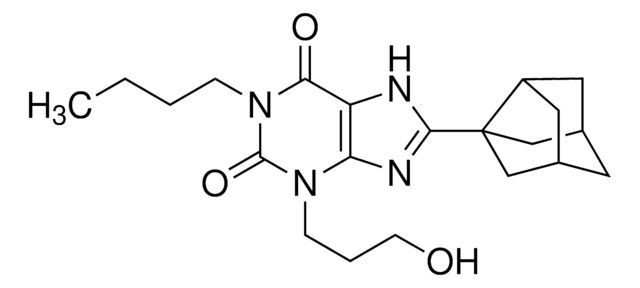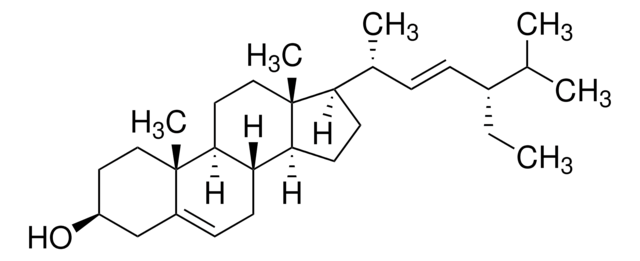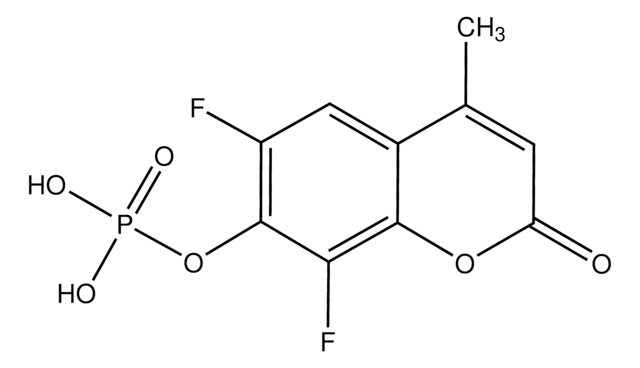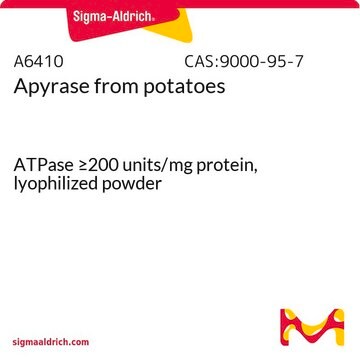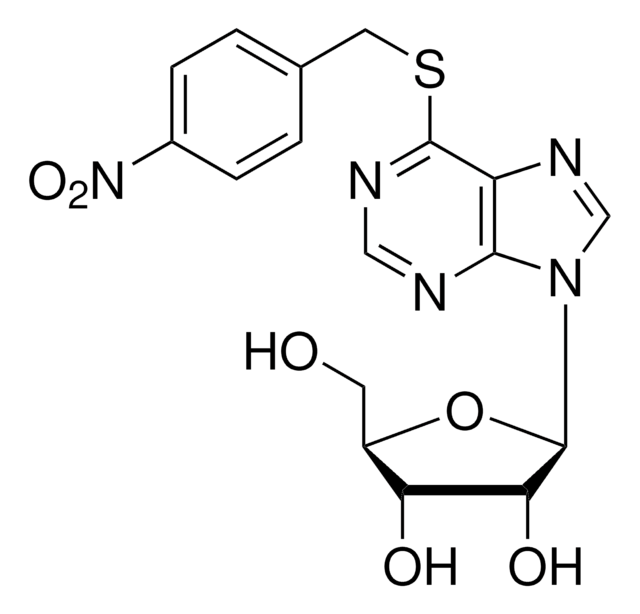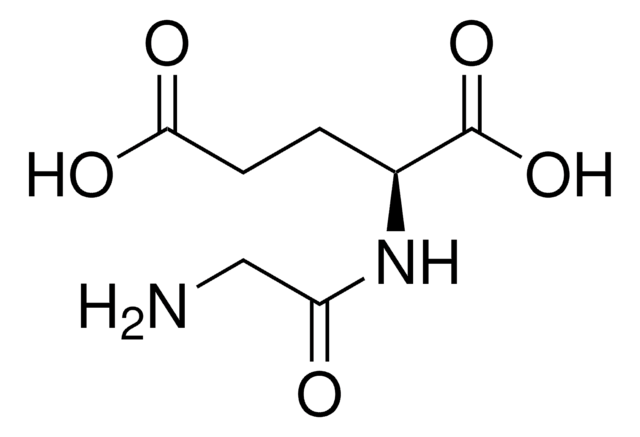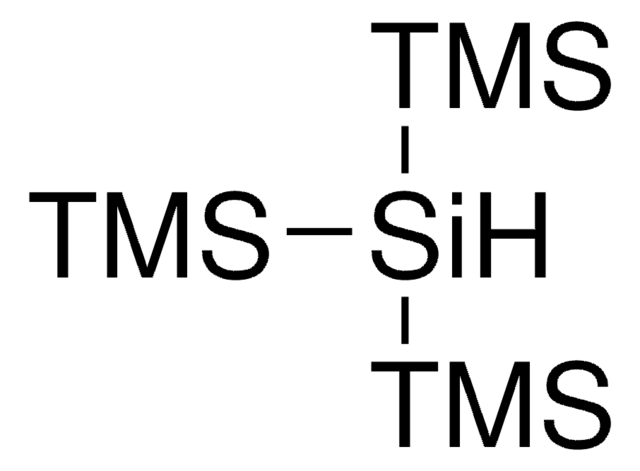SML3585
PSB-CB5
≥98% (HPLC)
Synonym(s):
5H-Imidazo[2,1-b][1,3]thiazin-3(2H)-one, 2-[[3-[(4-chlorophenyl)methoxy]phenyl]methylene]-6,7-dihydro-, (2Z)
Sign Into View Organizational & Contract Pricing
All Photos(1)
About This Item
Empirical Formula (Hill Notation):
C20H17ClN2O2S
CAS Number:
Molecular Weight:
384.88
UNSPSC Code:
51111800
UNSPSC Code:
12352200
NACRES:
NA.21
Recommended Products
Quality Level
Assay
≥98% (HPLC)
form
powder
color
white to beige
solubility
DMSO: 2 mg/mL, clear (Warmed)
storage temp.
2-8°C
SMILES string
O=C1N2C(SCCC2)=N/C1=C\C3=CC(OCC4=CC=C(C=C4)Cl)=CC=C3
Biochem/physiol Actions
PSB-CB5 is a potent and selective GPR18 antagonist that inhibits Δ9-THC-induced GPR18 β-arrestin recruitment (IC50 = 279 nM; [THC] = EC50 = 7.5 μM) with no potency against human GPR55 (IC50 >10 μM) and little or no affinity toward human CB2 and CB1 (Ki = 4.03 μM & >10 μM, respectively).
Storage Class Code
11 - Combustible Solids
WGK
WGK 3
Flash Point(F)
Not applicable
Flash Point(C)
Not applicable
Choose from one of the most recent versions:
Certificates of Analysis (COA)
Lot/Batch Number
Sorry, we don't have COAs for this product available online at this time.
If you need assistance, please contact Customer Support.
Already Own This Product?
Find documentation for the products that you have recently purchased in the Document Library.
Effects of GPR18 Ligands on Body Weight and Metabolic Parameters in a Female Rat Model of Excessive Eating
Pharmaceuticals (Basel, Switzerland), 14(3), 270-270 (2021)
Bicyclic imidazole-4-one derivatives: a new class of antagonists for the orphan G protein-coupled receptors GPR18 and GPR55
MedChemComm, 5(5), 632-649 (2014)
Douglas J Hermes et al.
Experimental neurology, 341, 113699-113699 (2021-03-20)
Human immunodeficiency virus type 1 (HIV-1) is known to provoke microglial immune responses which likely play a paramount role in the development of chronic neuroinflammatory conditions and neuronal damage related to HIV-1 associated neurocognitive disorders (HAND). In particular, HIV-1 Tat
Our team of scientists has experience in all areas of research including Life Science, Material Science, Chemical Synthesis, Chromatography, Analytical and many others.
Contact Technical Service